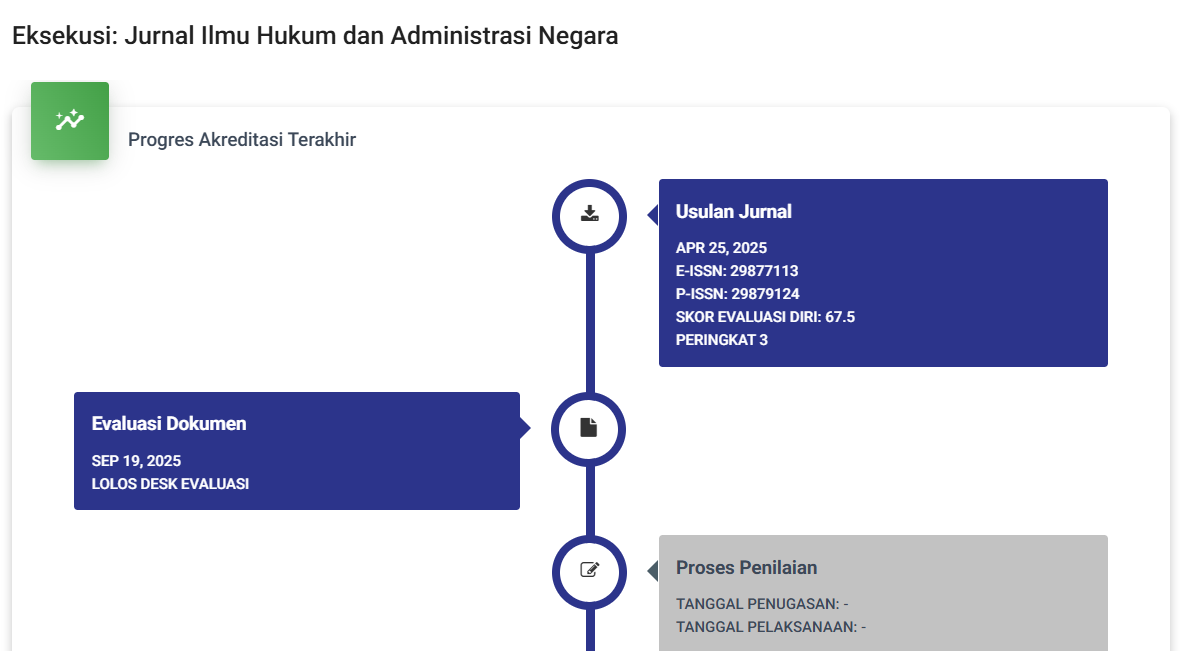Keabsahaan Bitcoin Sebagai Objek Jaminan Dalam Kepailitan
DOI:
https://doi.org/10.55606/eksekusi.v2i2.1102Keywords:
Bitcoin, general guarantee, InsolvencyAbstract
The development of cases or cases in terms of bankruptcy debtor assets, does not rule out the possibility of bitcoin becoming one of the assets or all assets of bankruptcy debtors given the large number of Indonesians who use bitcoin as an investment tool. Therefore, further study is needed regarding the validity of bitcoin as an asset in terms of the Civil Code and Indonesian Positive Law, as well as the validity of bitcoin as an object of general collateral for bankruptcy debtors. This research is a normative legal research (doctrinal research) with a statutory approach method and a conceptual approach using library research data collection techniques including primary and secondary legal materials and analyzed with interpretation techniques. The results of this study indicate that bitcoin is recognized as a commodity subject to VAT and Income Tax (Article 1 number 7 of Bappebti Regulation Number 5 of 2019 and Article 19 of the Minister of Finance Regulation 68 / PMK.03 / 2022). Based on the Civil Code, bitcoin is an intangible asset in the form of digital assets and is movable (Article 503 and Article 504 of the Civil Code) which can be attached to property rights (Article 499 of the Civil Code) and the owner of bitcoin can freely perform legal actions on the bitcoin owned. Bitcoin has fulfilled the elements of a collateral object, namely that it can become property rights, has economic value, can be executed, so that it can be used as an object of general collateral and can be included in the bankruptcy estate.
References
Augusta, M. O., Oktaviandi Syeira, C. P., & Hadiapurwa, A. (2022). Penggunaan Teknologi Blockchain dalam Bidang Pendidikan. Produktif : Jurnal Ilmiah Pendidikan Teknologi Informasi, 5(2), 437–442. https://doi.org/10.35568/produktif.v5i2.1259
Fuady, M. (2013). Hukum Jaminan Utang. Erlangga.
Jono. (2008). Hukum Kepailitan. Sinar Grafika.
Kementerian Keuangan. (2022). Siaran Pers No. SP-29/2022 Direktorat Jenderal Pajak. https://klikpajak.id/blog/pajak-cryptocurrency/
Kementerian Keuangan Republik Indonesia. (2022, April 1). Ingin Ekspor Impor Semakin Lancar, Pemerintah Menerbitkan Buku Tarif Kepabenan Indonesia 2022. Https://Fiskal.Kemenkeu.Go.Id/Baca/2022/04/01/4345-Ingin-Ekspor-Impor-Semakin-Lancar-Pemerintah-Menerbitkan-Buku-Tarif-Kepabenan-Indonesia-2022.
Muryati, D. T., Septiandani, D., & Yulistyowati, E. (2017). Pengaturan Tanggung Jawab Kurator Terhadap Pengurusan dan Pemberesan Harta Pailit dalam Kaitannya dengan Hak Kreditor Separatis. Jurnal Dinamika Sosial Budaya, 19(1), 11. https://doi.org/10.26623/jdsb.v19i1.682
Putri, C. A. (2023). Mekanisme Eksekusi Sita Jaminan Aset Kripto di Indonesia. Jurnal Penegakan Hukum Indonesia, 1, 336–347.
Usman, R. (2008). Hukum Jaminan Keperdataan. Sinar Grafika.








